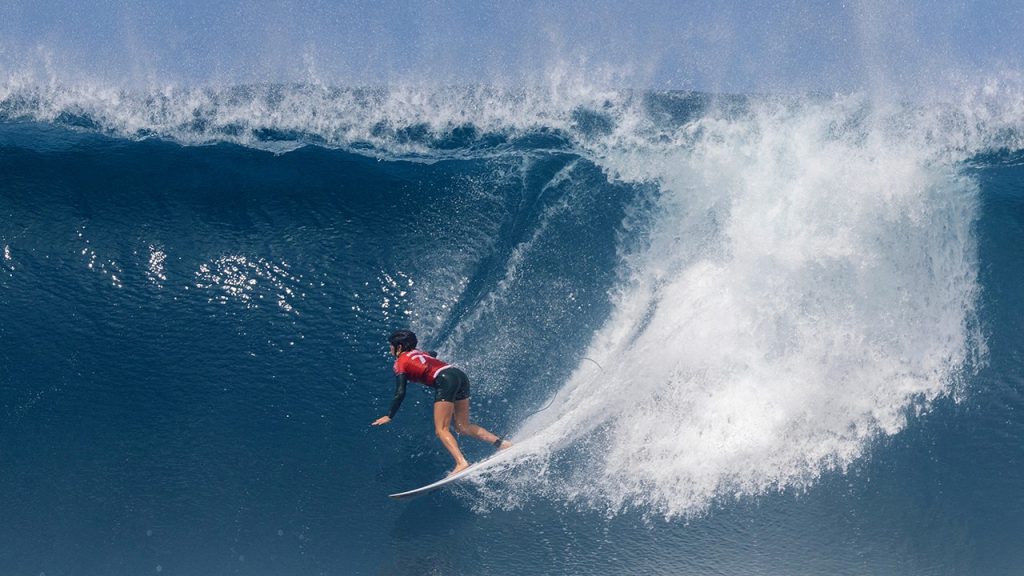The American Longboard Association initially ruled that transgender females would not be permitted to compete in the women’s division of a surfing competition in California. However, facing backlash, the association’s founder, Todd Messick, reversed the decision, allowing trans surfer Sasha Jane Lowerson to compete in the Huntington Beach Longboard Pro against women. The California Coastal Commission stated that surf competitions could not discriminate based on gender, leading Messick to change course. He expressed surprise at the anger directed at the original decision, noting that he was trying to do the right thing for fairness in women’s sports. Messick had to comply with the commission’s regulations, which require surf contests to be non-discriminatory based on gender, or risk being shut down.
Lowerson, an Australian surfer who has won competitions against men, was initially disappointed and surprised at being barred from the event. She emphasized the importance of consistently applying the rulebook without cherry-picking, advocating for fair treatment for all athletes. Lowerson’s sponsor, Rip Curl, stirred controversy as well, with surfing legend Bethany Hamilton expressing strong opposition to male-bodied athletes competing in female sports. Hamilton, who had previously criticized the World Surf League’s rules on transgender female athletes competing, called for the creation of a new division to address the issue. Messick noted that while 90% of the female surfers he spoke with supported Hamilton’s position, many chose not to comment due to the sensitivity of the topic.
The controversy over transgender female participation in women’s sports has sparked debate within the surfing community, with strong opinions on both sides of the issue. Messick’s reversal of the ban on transgender female surfers highlights the complexities and challenges of ensuring fair competition for all athletes while adhering to regulations set by governing bodies like the California Coastal Commission. Lowerson’s experience and advocacy for inclusion underscore the importance of upholding principles of equality and non-discrimination in sports. The stance taken by figures like Hamilton and the World Surf League reflects ongoing efforts to address the evolving landscape of gender identity and athletic competition.
Transgender inclusion in women’s sports continues to be a divisive and sensitive topic, prompting discussions about the boundaries and guidelines for fair competition. The controversy surrounding the American Longboard Association’s initial decision and subsequent reversal illustrate the complexities and ethical considerations involved in navigating issues of gender identity and equality in sports. The voices of athletes like Lowerson and advocates like Hamilton bring attention to the need for thoughtful and respectful dialogue on how to create inclusive and equitable environments for all participants. As the conversation around transgender participation in sports evolves, it remains crucial for stakeholders to engage in open and respectful discussions to ensure that all athletes have the opportunity to compete on a level playing field.


